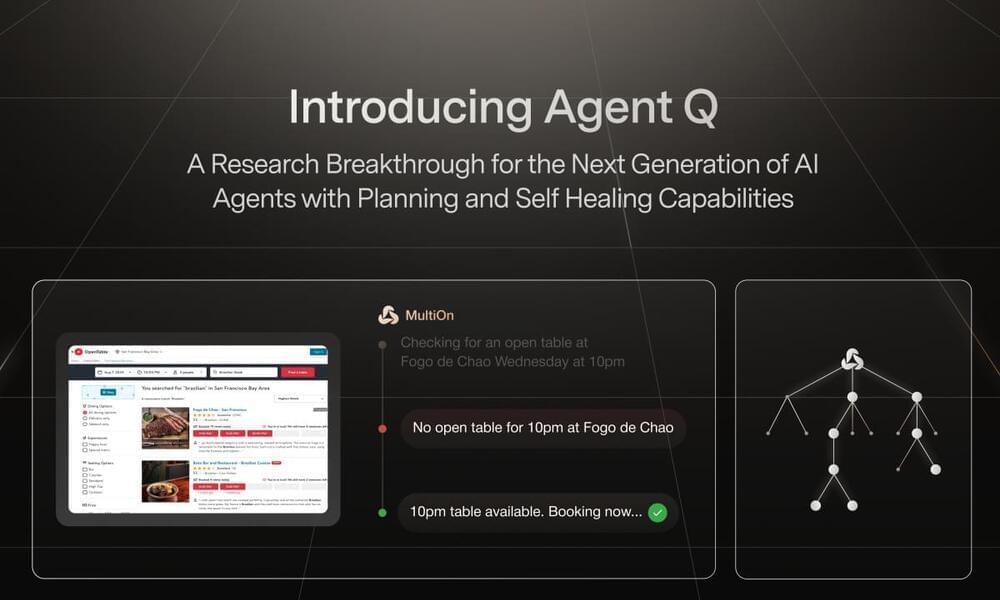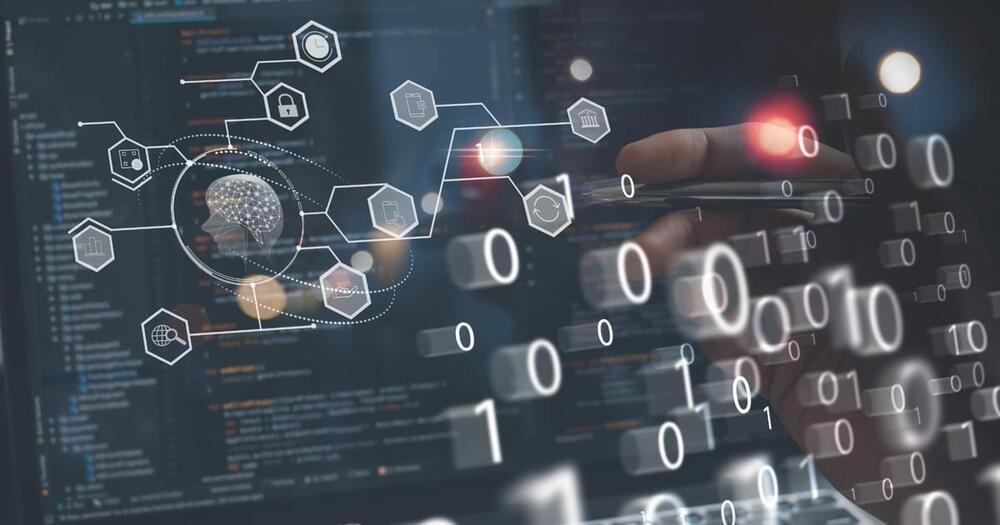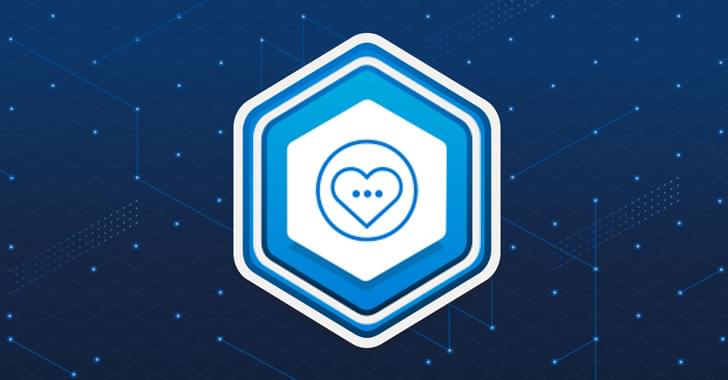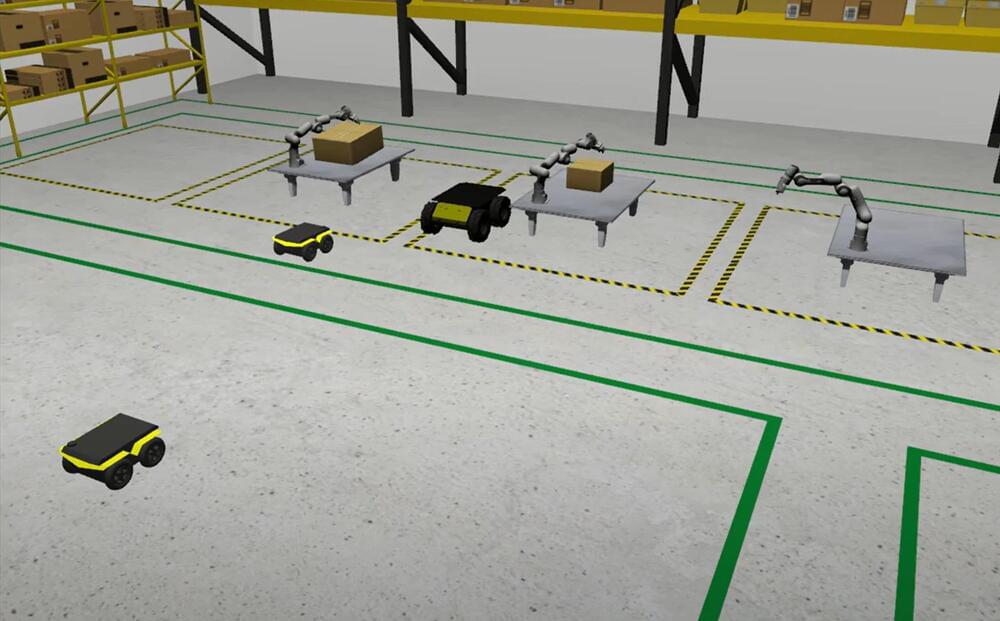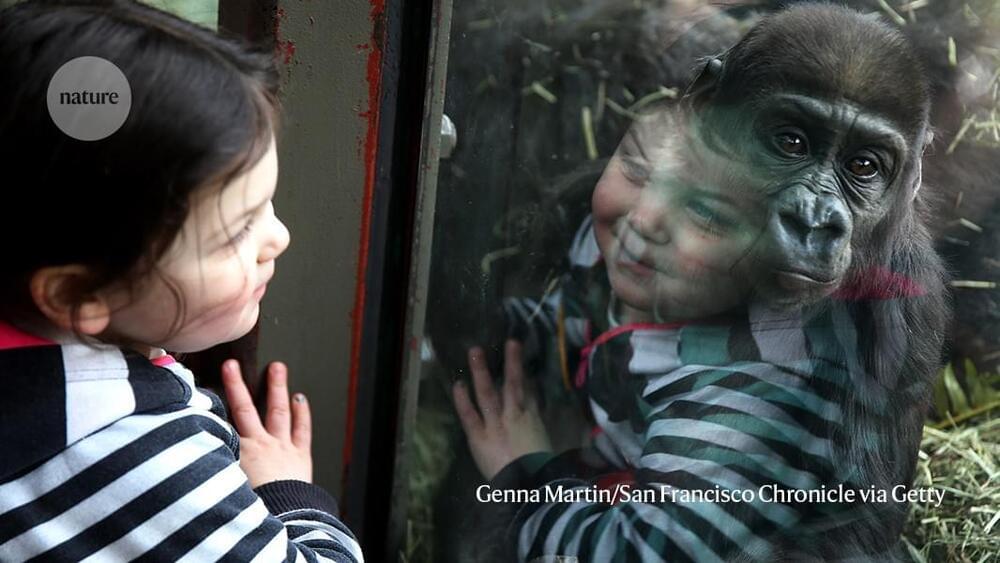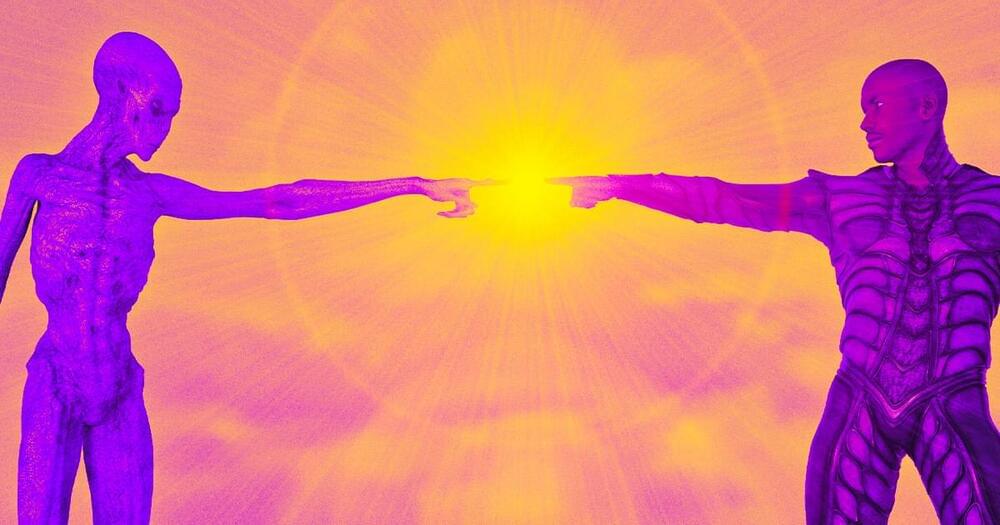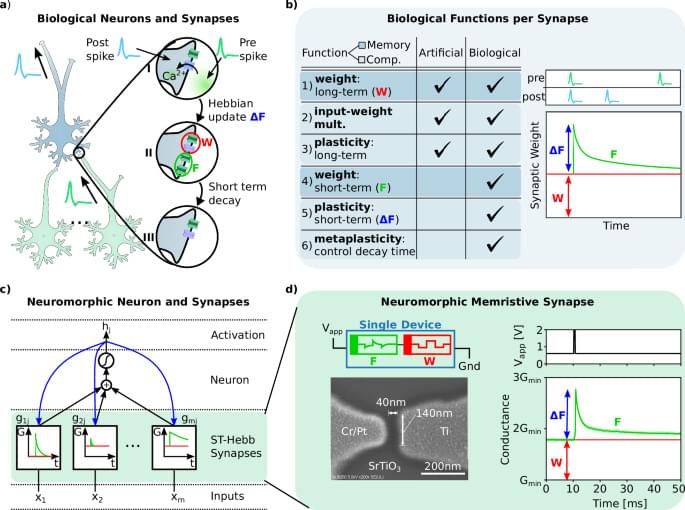Aug 13, 2024
AI model 98% accurate in detecting diseases — just by looking at your tongue
Posted by Zola Balazs Bekasi in categories: biotech/medical, information science, robotics/AI
“These results confirm that computerized tongue analysis is a secure, efficient, user-friendly and affordable method for disease screening that backs up modern methods with a centuries-old practice,”
This technology could be aah-mazing!
Researchers in Iraq and Australia say they have developed a computer algorithm that can analyze the color of a person’s tongue to detect their medical condition in real time — with 98% accuracy.
Continue reading “AI model 98% accurate in detecting diseases — just by looking at your tongue” »

